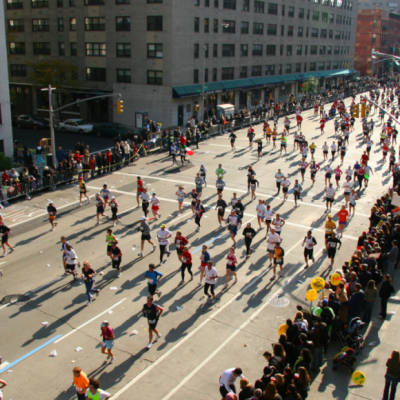Regular exercise not only rewards a healthy body but also improves cognitive performance. Scientists have discovered that the aging process can be countered by a blood plasma donation, as observed in mice. Furthermore, they have identified what could be responsible for the positive effects on the brain. Researchers from the American Association for the Advancement of Science (AAAS) found that old, inactive mice showed improved memory performance after receiving a blood transfusion from physically active mice. The blood of the mice was analyzed and compared, revealing 30 proteins that could be responsible for the positive effects on memory. Studies have shown that regular physical activity leads to the formation of certain substances in the blood that can positively influence brain functions. Certain proteins are produced in the liver, which are released into the blood through exercise. One of these is the enzyme Gpld1, which has been relatively unexplored until now. This liver protein is increasingly produced by physically active people compared to less active people, and the same is true for mice.
According to Joachim Czichos in the journal Science, “artificially increasing the blood level of this protein had a similar positive effect on certain brain functions in experiments with mice as several weeks of training in a running wheel: the experiments showed that the increased blood level led mainly to neurogenesis in the hippocampus. The newly formed nerve cells were better connected to each other, which led to an improvement in learning and memory.” The research also showed an increase in brain performance in humans. Physically active mice were given blood plasma, which was then injected eight times over three weeks into less active mice. An improvement in brain performance was observed. For subsequent tests, genetically modified mice that overproduce the enzyme Gpld1, a so-called phospholipase, were used. Even without running training, an increasing formation of neurons was observed in the test animals, despite their increasing age. The newly formed neurons increase the speed of information processing, resulting in an improvement in cognitive abilities and an increase in performance.
In conclusion, regular exercise has been shown to have a positive effect on cognitive performance, and this effect can be replicated through a blood plasma donation. The discovery of the enzyme Gpld1 and its role in improving brain functions could lead to new treatments for age-related cognitive decline.










